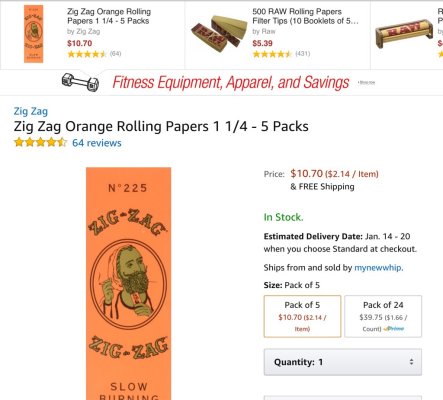I disagree. The last 2 hand guns I purchased I bought online and shipped to my local gun store simply because it has to go through them. What if in the future someone like a notary service can receive firearms purchased online and process the proper paperwork?that's why alcohol, tobacco and firearms stores won't get betamaxed
I also buy all my ammo online...way cheaper than B&M stores. The only benefit to a gun store is getting to feel the guns in your hand, how they feel, weight, trigger pull, etc etc. You can have one massive store kind of like a cabelas...although their gun inventory is pretty bust.


